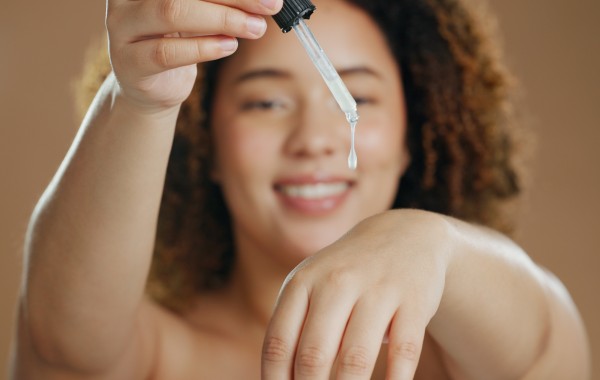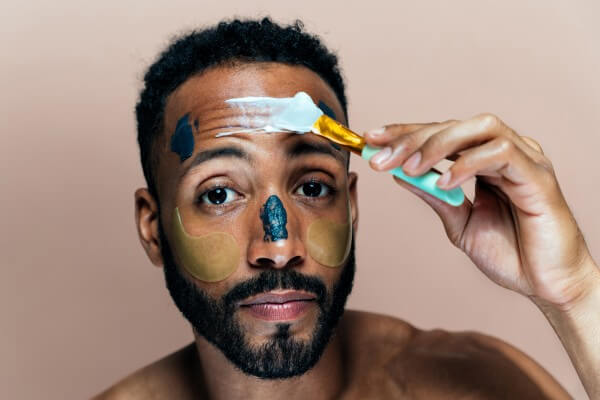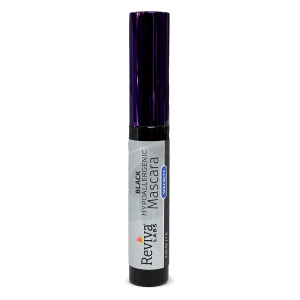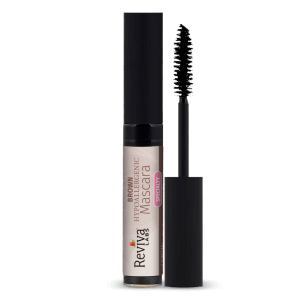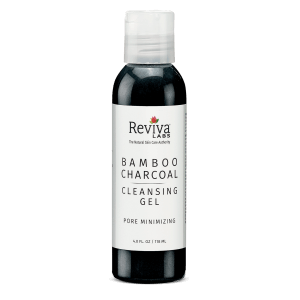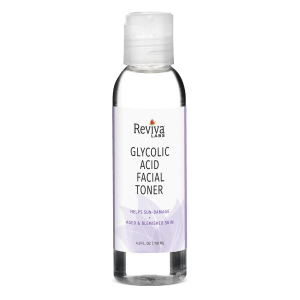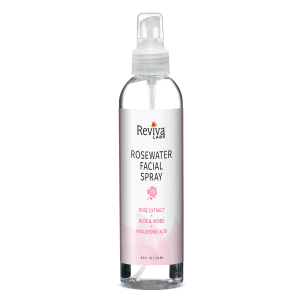Reviva Labs, Skin Care
How Hair Care Products Affect Your Skin
Hair care products are an essential part of many people’s daily routines. There are so many types of products on the market to help us with everything from frizz control to basic scalp health. However, while these products can work wonders for your hair, they might not be as kind to your skin. Understanding how hair care products can affect your skin is crucial for maintaining overall skin health.
Common Challenges
One of the most common issues that arise from the use of hair care products is acne. This typically occurs when products like conditioners or styling gels come into contact with your skin. Ingredients such as oils, silicones, and certain fragrances can clog pores, leading to breakouts on areas like your forehead, hairline, and back. This type of acne, often referred to as pomade acne, can be persistent and difficult to treat if the underlying cause is not addressed. It can be particularly frustrating because it stems from products meant to enhance your hair’s appearance, not harm your skin.
Another skin concern linked to hair care products is contact dermatitis. This condition manifests as redness, itching, and inflammation when your skin reacts negatively to certain ingredients. Common culprits include sulfates, parabens, and synthetic fragrances, which can strip the skin of its natural oils and cause irritation. People with sensitive skin or allergies are especially susceptible to these reactions. It’s crucial to identify which ingredients are causing the problem and switch to gentler alternatives if necessary.
Scalp health is another area that can be compromised by hair care products. A healthy scalp is essential for strong and vibrant hair, but harsh shampoos and conditioners can disrupt its balance. Ingredients like alcohol and sulfates can dry out the scalp, leading to flakiness, itching, and even dandruff. Conversely, overly moisturizing products might create an oily scalp, which can also lead to discomfort and potential skin issues. It’s a delicate balance that requires careful selection of products tailored to your scalp’s specific needs.
Allergic reactions to hair care products are another concern. Ingredients such as parabens, sulfates, and certain botanical extracts can cause allergic reactions in some individuals. These reactions can manifest as itchy rashes, swelling, and even respiratory issues in severe cases. Patch testing a new product on a small area of skin can help identify potential allergens before using it more broadly.
Minimizing Reactions
If you notice negative reactions from your hair care products, there are several steps you can take. Firstly, try to identify the offending product by eliminating one product at a time from your routine until you determine which one is causing the issue. Switching to products labeled as hypoallergenic or free from common irritants such as fragrances, sulfates, and parabens can help reduce the risk of reactions.
Maintaining good hygiene practices is also essential. Ensure thorough rinsing of hair products to prevent residue from lingering on the skin. Cleaning items like pillowcases and hats regularly can also help minimize the transfer of product residues to the skin. Additionally, tying hair back during exercise or in hot weather can prevent sweat and hair products from mixing and irritating the skin.
It’s also beneficial to look for hair care products that are formulated for sensitive skin. Brands that offer dermatology tested products can provide peace of mind. Products with minimal ingredients are less likely to cause irritation. For those with specific skin conditions, consulting a dermatologist can provide personalized advice and recommendations.
Healthy Skin = Healthy Hair
Incorporating skincare steps into your routine can mitigate the effects of hair care products. For instance, using a gentle cleanser on the face and neck after washing your hair can remove any product residue. Moisturizing the skin regularly can help maintain the skin’s barrier function, reducing the likelihood of irritation. For individuals prone to acne, incorporating non-comedogenic products into their skincare routine can prevent pore clogging and breakouts.
It’s important to note that not all hair care products will negatively impact your skin. Many products are designed with both hair and skin health in mind. For example, sulfate-free shampoos are less likely to strip the scalp of its natural oils, and products free from synthetic fragrances reduce the risk of allergic reactions. Being aware of the ingredients in your hair care products and how they interact with your skin can help you make informed choices.
So, while hair care products are essential for maintaining healthy, styled hair, they can have unintended consequences on your skin. From contact dermatitis and acne to scalp irritation and allergic reactions, the potential skin issues are varied. Taking proactive steps, such as choosing hypoallergenic products, maintaining good hygiene practices, and incorporating supportive skincare routines, can help mitigate these effects. By being mindful of the ingredients and their potential impact, you can enjoy the benefits of your hair care products without compromising your skin health.





